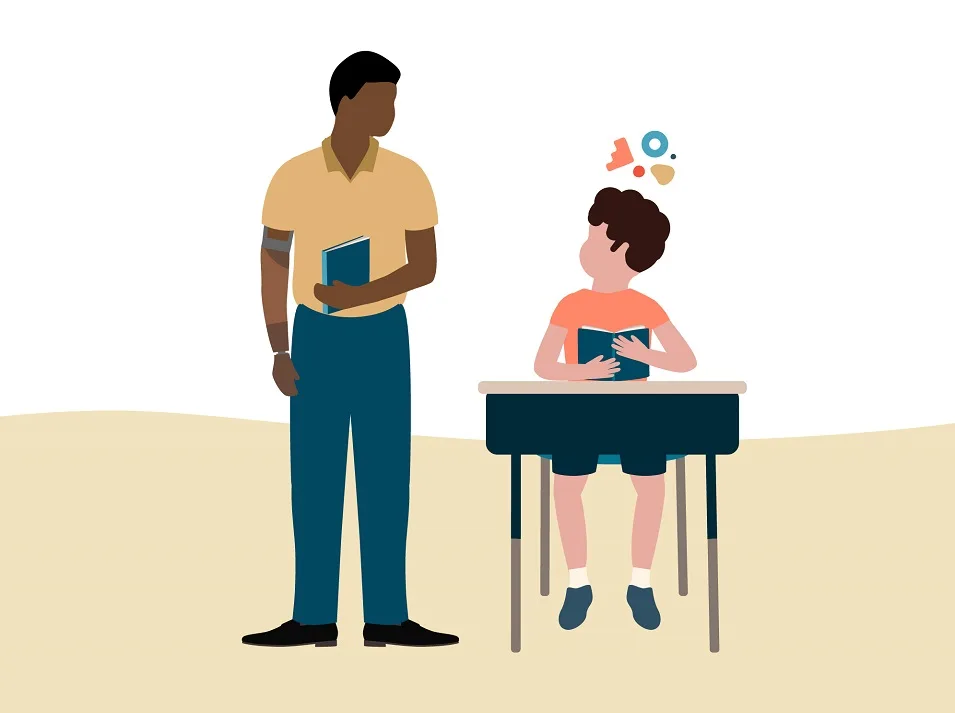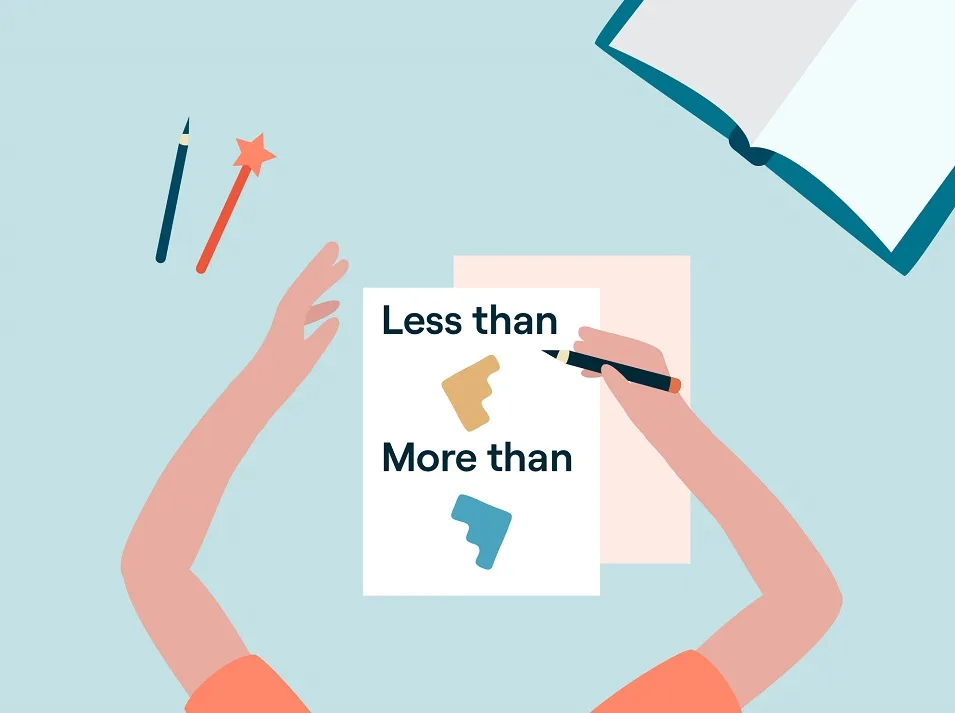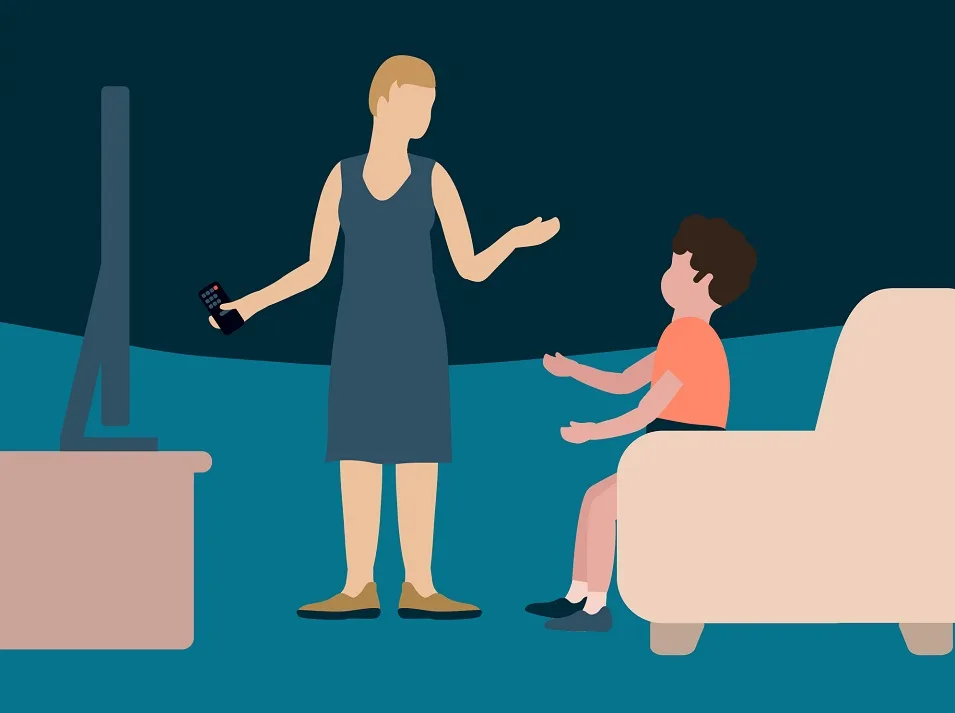A day in the life of a child who struggles with flexible thinking
Meet Anthony, a second grader who has trouble thinking flexibly. He’s a bright kid, but it’s hard for him to see things from more than one point of view. This impacts almost every aspect of his day. His mom worries a lot about his rigid thinking. To see how trouble with flexible thinking can impact families, take a look at a typical day for Anthony and his mom.

7 a.m.
Anthony eats breakfast while Mom tries to watch the news. There’s a debate on, but Anthony doesn’t like hearing about it. “Turn it off,” he demands. “I don’t want to listen to people argue.”
His mom tries to say that the debate is important and that she needs to hear different points of view. But she doesn’t want Anthony to get upset, so she puts on one of his TV shows.
“I know he’s still young,” she thinks. “But what if he can’t handle listening to different opinions?”
Challenges related to trouble with flexible thinking:
Listening to or taking part in debates
Seeing other people’s perspectives

7:30 a.m.
It’s raining hard as Anthony gets ready for school. Before he leaves, his mom gets a text from his coach. “Today’s baseball game is being postponed because of the weather,” she says.
“No!” Anthony yells. “We have to play today!” He grabs his baseball gear and starts heading for the door.
As his mom tries to calm him down, she worries: “Why is my child so stubborn? What if he always has this much trouble adjusting to change?”
Challenges related to trouble with flexible thinking:
Changing schedules
Managing emotions

9 a.m.
Anthony’s class is talking about a story they just read. He recognized a lot of the words and could sound out the ones that were new to him. But he has trouble answering questions about the story.
“Why was it a big deal when the rooster slept late?” the teacher asked. “Why were some animals happy about this but others were mad?”
Anthony is having trouble remembering different details long enough to compare them. To cover for this, he says something rude to try to make his classmates laugh: “Because this book is stupid.”
Challenges related to trouble with flexible thinking:
Thinking deeply about reading (This is often related to trouble with working memory.)

11:30 a.m.
Math word problems are so tricky. Anthony has an especially tough time when the problems ask about “less than” or “more than.”
It’s hard for him to picture different quantities in his mind long enough to compare them. He gets frustrated about this. And that makes it hard to ask the teacher for help. All he can manage to say is “Why?”
Challenges related to trouble with flexible thinking:
Solving math problems
Using abstract thinking

6 p.m.
It finally stops raining, so Mom takes Anthony to the playground. He wants to shoot hoops. But his friends want to play a running game where they pretend the ground is hot lava.
Anthony keeps repeating what he wants. He doesn’t seem to notice his friends are getting more and more annoyed. His mom tries to help them work out a solution.
“What if my child never learns to compromise?” she worries. “What if he has trouble socially at school?”
Challenges related to trouble with flexible thinking:
Seeing other people’s perspectives
Recognizing and resolving conflicts
Rigid behavior that annoys other kids

9 p.m.
Anthony wants to watch another episode of his favorite show. But Mom says it’s bedtime. “Why now?” he complains. “Why can’t I go to bed later? I’m not tired now.”
Mom says that if he doesn’t get enough sleep tonight, he’ll be tired tomorrow. But all Anthony can think about right now is how much he wants to watch another episode. She worries: “What if my child never learns to see the big picture?”
Challenges related to trouble with flexible thinking:
Planning ahead
About flexible thinking
Flexible thinking is part of a broader set of executive functions. It involves using working memory, shifting your attention and frame of reference, and using reasoning and planning skills.
Kids aren’t born knowing how to think flexibly. As they get older, they learn how to solve problems and see things from more than one point of view.
It’s harder to use these executive functioning skills when emotions are running high. Trouble with flexible thinking can sometimes get overlooked, especially if kids seem easily frustrated or afraid of change. Rigid thinking and behavior also can make it harder for kids to navigate social challenges.
Trouble with flexible thinking can happen on its own or it can be a sign of something else. Talk with your child’s pediatrician if you think you might be seeing signs of ADHD, anxiety, or autism. There are also activities you can do at home to build flexible thinking to help your child thrive in school and in life.


